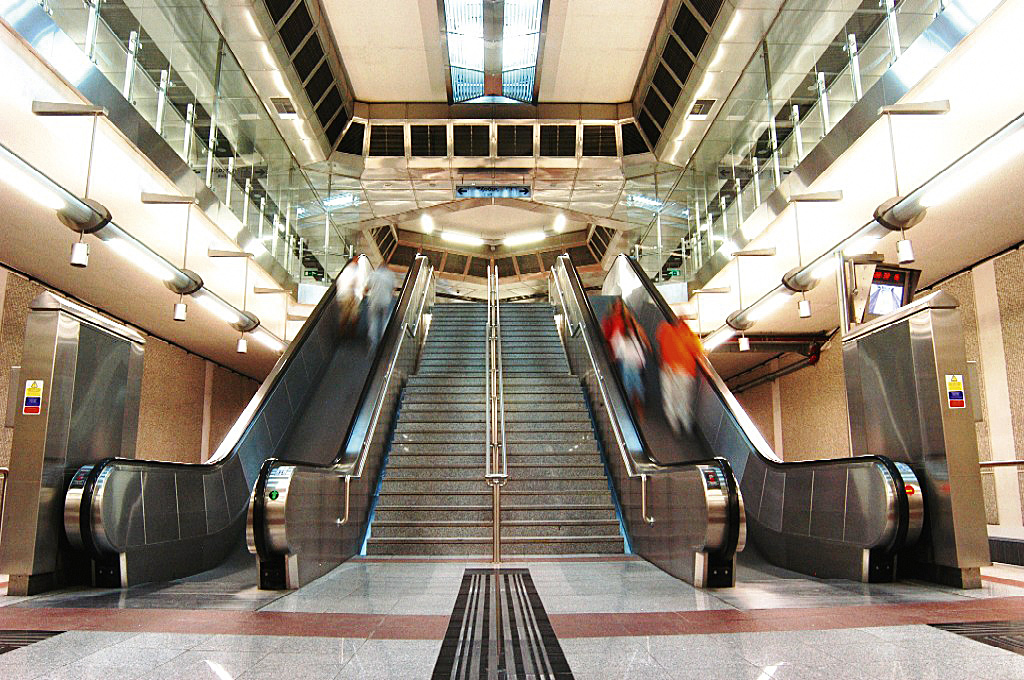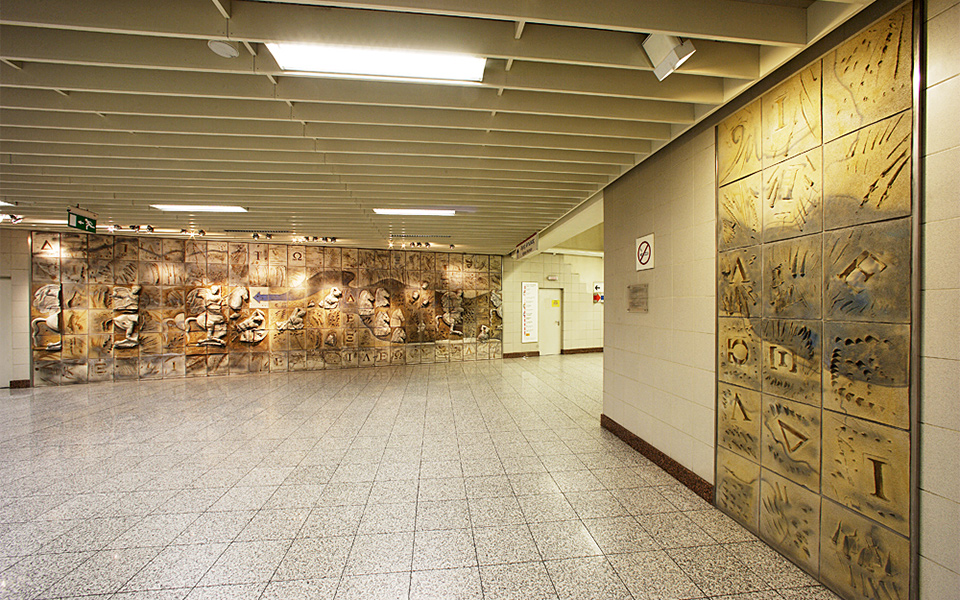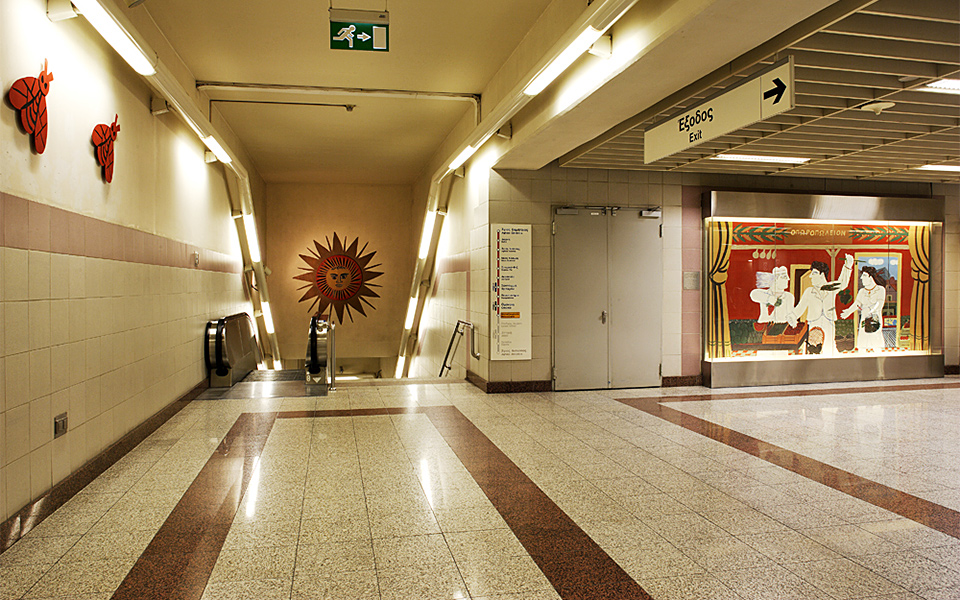Athens commuters may take it for granted on a day-to-day basis, rushing through its stations on their way to their destination, but for visitors to the Greek capital the metro is one of the sites worth visiting. Recently, in fact, travel magazine Frommer’s ranked the Athens metro (or Attiko Metro as it’s officially called) among the top 10 in the world because of the archaeological exhibitions held at a number of its stations. The article by Charis Atlas Heelan compares different subway systems around the world, asking: “What makes the world’s best subway, Metro, and Tube systems? Other than safety, cleanliness, and cost, it doesn’t hurt to have amenities like great architecture or underground shops and eateries. Bonus points if the transit stations aren’t too crowded or have endless staircases.”

The Athens metro is presented among the world’s top 10 in most flattering terms: “One of the crowning achievements of this city’s Olympic bid was the creation of Attiko Metro, a system with stations housing archaeological exhibits and items that were uncovered while digging (walls, cisterns, urns, and even sarcophagi). Even if you don’t need to get to any of the 50-plus stations, it’s well worth a visit to Syntagma Square or Akropoli stations to see the relics or Ethniki Amyna station for more contemporary art installations. Though the trains aren’t that modern or efficient, the visual surroundings make it all worthwhile,” the writer says. Also in the top 10 list are Moscow, which has the oldest subway system and indisputably the most glamorous, London, Stockholm, Tokyo, New York, Paris, Dubai, Hong Kong and Beijing.
“ Even if you don’t need to get to any of the 50-plus stations, it’s well worth a visit to Ethniki Amyna station for contemporary art installations.”

is a bas relief inspired by ancient funerary steles.
Frommer’s was founded in 1957 and has published more than 350 travel guides, selling over 75 million copies worldwide. So, on the occasion of the Athens metro’s distinction, let us remember a few historical facts: Construction began in 1992 and the first two sections – Syntagma-Sepolia and Ethniki Amyna-Syntagma – started operating in January 2000. Today, the metro’s two lines (red and blue) cover a distance of 59.7 kilometers (including the 20.7k from Doukisis Plakentias to the airport) with 40 stations (four shared with the Proastiakos suburban railway). The Athens metro serves 938,000 passengers a day and the older ISAP electric railway about 460,000 passengers. The metro is currently in the process of being extended to Piraeus with 7.6 kilometers of new track and six new stations.












